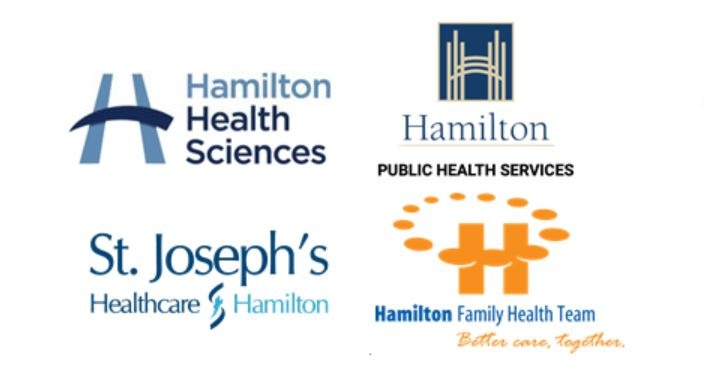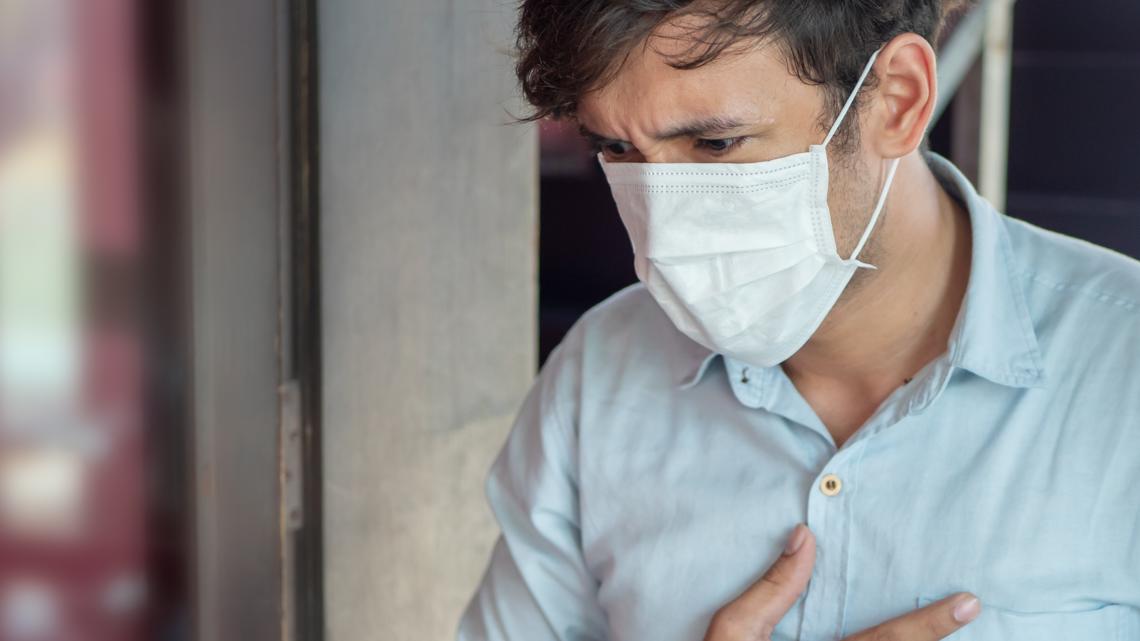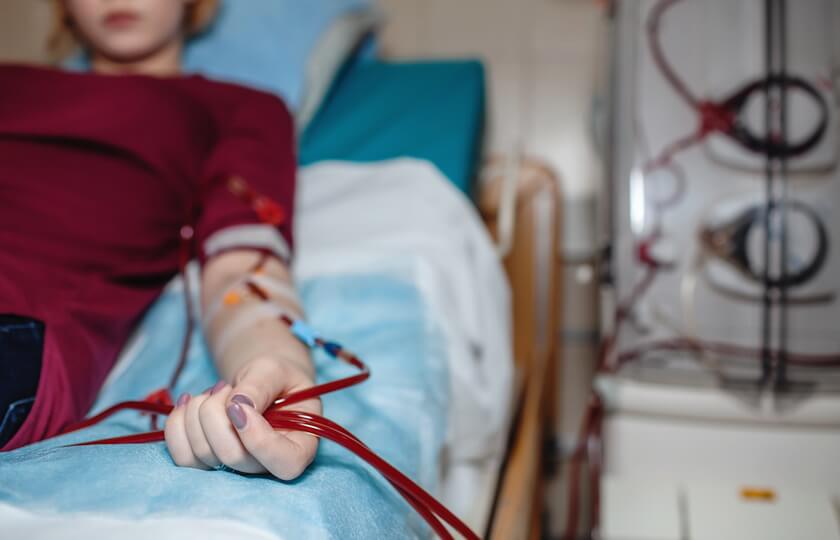Hamilton’s health partners urge community members to consider their care options this respiratory illness season


HAMILTON, ON – This year’s viral season has started and Hamilton’s healthcare partners are asking for the community’s help in preventing the spread of respiratory illness and preserving access to the city’s urgent care and emergency resources for those who need them most.
Hamilton Health Sciences (HHS), St. Joseph’s Healthcare Hamilton (SJHH), Hamilton Public Services (HPS) and the Hamilton Family Health Team (FHT) want individuals to consider their various healthcare options for non-emergent health concerns, and to take the necessary precautions to minimize illness.
KNOW BEFORE YOU GO
- Hamilton’s emergency departments are busier than ever, and those without serious health concerns will face very long wait times. There are several alternate options available, from primary to urgent care.
- If you are experiencing a medical emergency: Call 9-1-1 right away.
- For health concerns that can wait a day or more:
- Make an appointment with your family doctor, or visit your family doctor’s after-hours clinic if available.
- Contact Health811 to speak with a registered nurse 24/7 via phone or web chat
- For health concerns that aren’t life-threatening but can’t wait for a doctor’s appointment: Visit one of Hamilton’s two urgent care centres (UCC). UCCs are staffed by emergency-trained doctors, and wait times are typically less than in an emergency department.
- To learn more, visit needadoc.ca.
Help prevent the spread of respiratory illnesses
- get all the vaccines/immunizations that you are eligible for, including the flu shot and COVID-19 shot/booster
- always sneeze or cough into your elbow
- wash your hands often with soap and water or use hand sanitizer
- avoid touching your face
- stay home when sick
- wear a mask in crowded indoor spaces
- clean and disinfect common surfaces, like phones and door handles
- speak to a healthcare provider in advance about treatments for COVID-19, influenza and respiratory syncytial virus (RSV)
INFORMATION RESOURCES FOR COMMUNITY MEMBERS
For further details, including data about hospital activity, please see the video recording of the media briefing held October 19:
QUOTES
“The fall season presents a unique challenge this year as we continue to grapple with COVID-19 alongside other respiratory viruses. Vaccination remains our strongest defense. We encourage all residents to stay home when they’re sick, and practice good respiratory etiquette and hand hygiene. This is critical to preventing the transmission of respiratory infections and helping to reduce strain on our community’s healthcare system.”
Dr. Elizabeth Richardson, Hamilton’s Medical Officer of Health
“We are entering the time of year when temperatures force us inside, and respiratory illnesses are easily passed from person to person. At the same time, our hospitals are seeing greater numbers coming into the Emergency Departments, and we are stretched to capacity much of the time in our hospital. The staff and physicians at St. Joe’s continue to go the extra mile to care for those in need. We are here to take care of our community. We ask the public to take precautions where possible – get your flu and vaccine shots, wash your hands, and stay home if you can when you feel sick. And please consider the level of care you require when you’re ill.”
Cheryl Williams, Executive Vice President, Clinical Operations and Chief Nursing Executive
“Our teams are working tirelessly to care for all patients. However, Hamilton Health Sciences is dealing with severe capacity pressures related to a high number of very sick patients requiring care, limited community capacity for patients awaiting discharge, and on-going healthcare worker shortages. The accepted standard for hospital bed occupancy is 85 per cent, yet there are many days where occupancy at our hospitals exceeds 110 per cent. We know that waiting for care can be stressful and are grateful for everyone’s patience during this very trying time.”
Sharon Pierson, Executive Vice President, Clinical Operations, COO and Chief Nursing Executive
“Planning is ongoing at McMaster Children’s Hospital to respond to a surge should it be needed. I would like to encourage everyone to help ease the burden of this viral season on our hospital by getting vaccinated for flu and COVID and following all public health measures. The MCH team is also working to manage ongoing capacity and staffing challenges across all of the hospital’s programs and services. We know that children and youth are still waiting too long for care but we are making progress. We are grateful for the province’s recent investment of $40 million which will enhance all child and youth services at MCH in the years ahead. A sincere thanks to the government and all of the staff and physicians at MCH for their dedication to our patients and families.
Bruce Squires, President, McMaster Children’s Hospital
“Individuals with mild illness or mild symptoms usually don’t require a trip to the ED. Primary care can help coordinate access to the next level of care should it be needed, and partner with patients to ensure that they have good care plans/strategies in place both clinically and in terms of lifestyle. This can including supporting various illnesses and health conditions, immunization, hand hygiene, self-isolation and mask-use, and personal choices to promote healthy diets, staying hydrated, regular exercise, quitting smoking, limiting alcohol intake, and getting proper sleep.”
Dr. Brian McKenna, Lead physician, Hamilton Family Health Team
– 30 –
Media Contacts:
Hamilton Health Sciences is facing persistent staff and physician shortages, and capacity challenges related to the onset of the respiratory illness season, and increased patient acuity & volumes. Our emergency departments and intensive care units are particularly pressured, including at McMaster Children’s Hospital. HHS leaders and physicians are monitoring the situation closely and working to ensure the stability of staffing and access to our regional programs. Measures taken in recent days/weeks include:
- Maximizing capacity in post-acute settings include including the Satellite Health Facility, St. Peter’s Hospital and Regional Rehabilitation.
- Expediting appropriate patient discharges in partnership with Home and Community Care Support Services.
- Maximizing Same-day-home and Same-day-overnight opportunities where possible.
- Offering virtual and remote care options, where appropriate, to help patients manage their health at home and avoid ED visits.
Additionally, workforce planning is a priority and we are recruiting as aggressively as possible.
We acknowledge that many staff and physicians have been asked to work additional hours and we are grateful for their commitment to our patients and families.
Please see below for a snapshot of hospital activity for October 19:
| Funded Occupancy Rates: | |
| Hamilton General Hospital | 105% |
| Juravinski Hospital and Cancer Centre | 118% |
| McMaster Children’s Hospital | 112% |
| West Lincoln Memorial Hospital | 114% |
| ALC Patient Occupancy | 255 |
| COVID+ Patients | 93 |
| COVID+ Patients in ICU | Fewer than 5 |
| Active COVID Outbreaks | 3 |
Health Options and Resources:
link





